Ketamine, originally recognized for its role in medical anesthesia, has increasingly gained attention as a transformative treatment for depression, especially for those who haven't found relief through conventional methods. This fast-acting alternative offers a glimmer of hope for both patients and mental health professionals seeking new avenues for healing. However, navigating the journey post-ketamine treatment is essential for maximizing its benefits. This article aims to provide a comprehensive guide on what patients and caregivers can anticipate after ketamine therapy, covering key aspects such as the longevity of its effects, optimal dosing strategies, and the overall trajectory of recovery and maintenance.
Understanding Ketamine's Impact On Depression
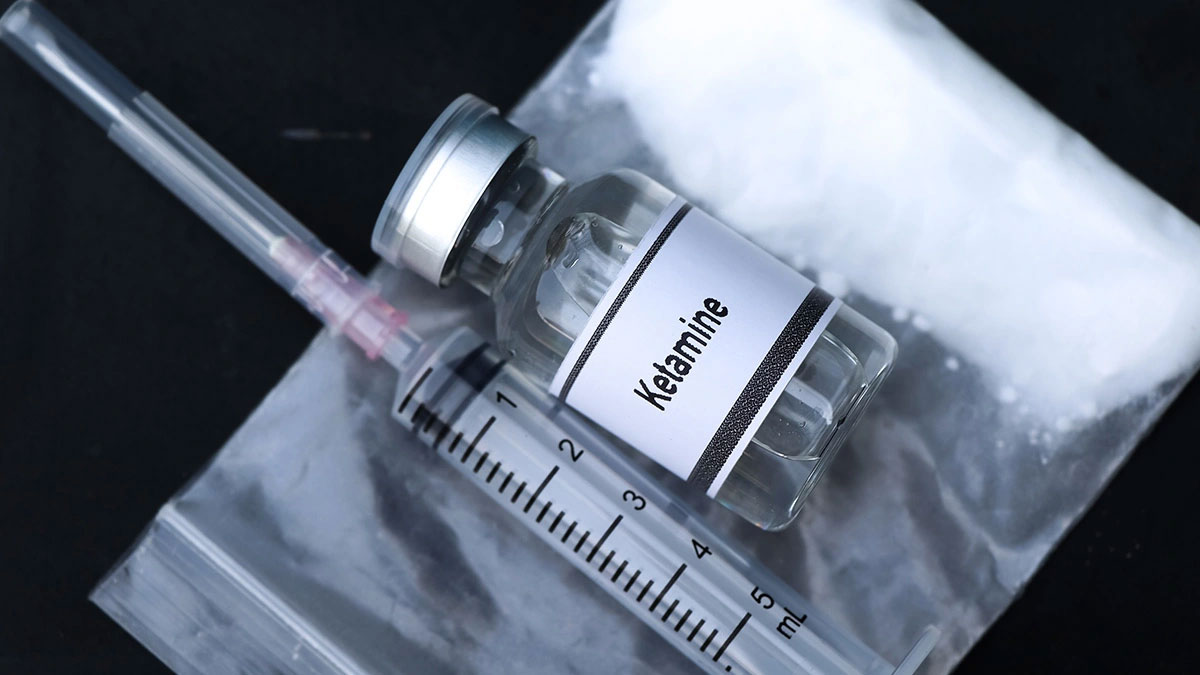
Moreover, the swift action of ketamine in alleviating depressive symptoms highlights its potential as a groundbreaking option for individuals struggling with treatment-resistant depression. This rapid onset of relief can be particularly crucial in acute settings, where immediate intervention is necessary. Despite its promising effects, ketamine therapy is still accompanied by uncertainties and requires careful consideration regarding dosage and frequency of administration. Long-term effects and optimal treatment courses are still under investigation, underscoring the need for ongoing research. By continuing to engage with their healthcare providers, patients can navigate the nuances of this treatment, ensuring that it complements their overall mental health strategy effectively..
Immediate Aftereffects: What Patients Report
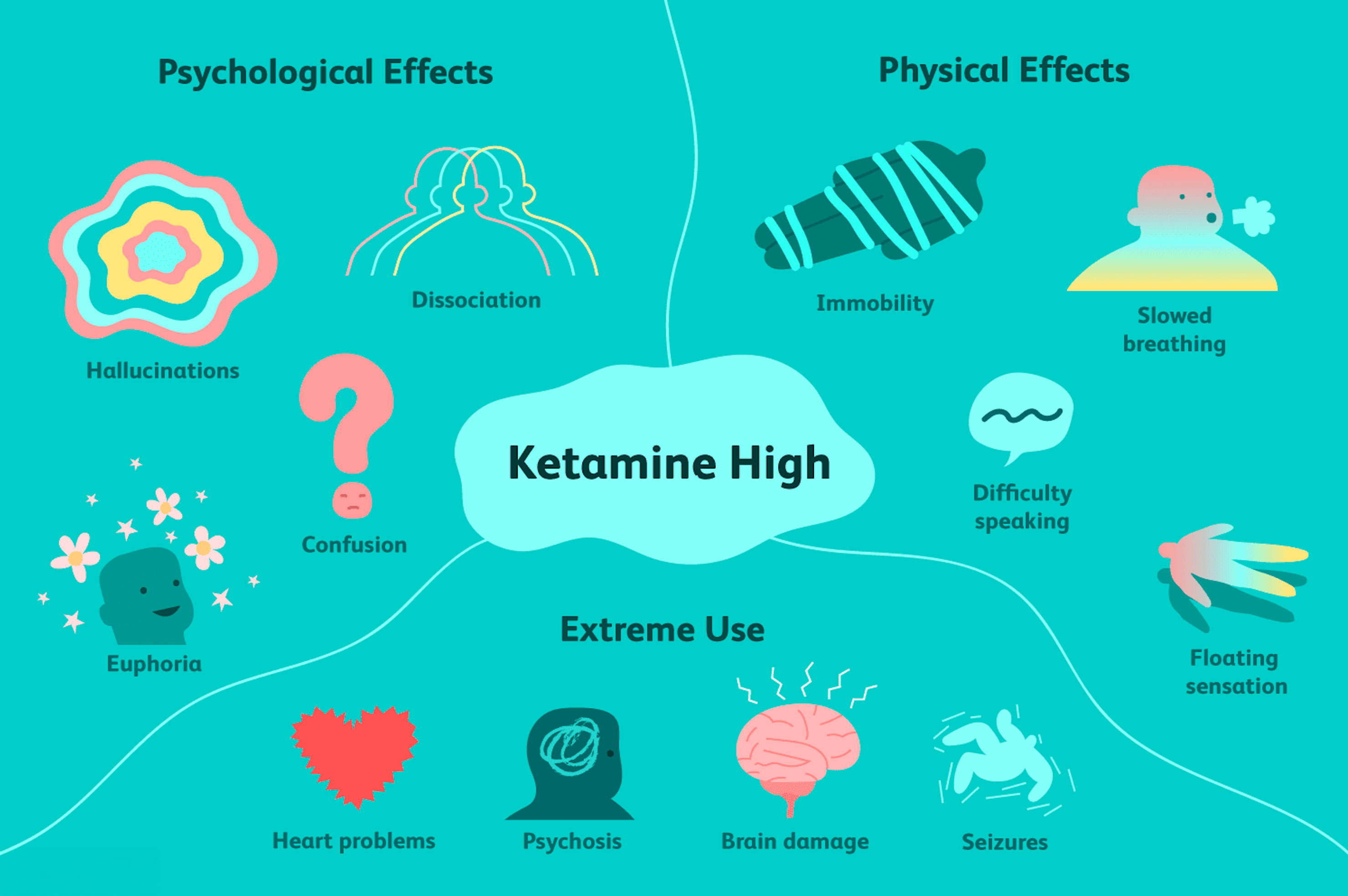
In addition to the immediate mood enhancement, patients often find that the benefits of ketamine infusion extend beyond just alleviating depressive symptoms; there can be a profound shift in their overall perspective towards life. This can manifest as increased motivation, improved cognitive flexibility, and better emotional regulation, allowing individuals to engage more fully in day-to-day activities and interpersonal relationships. However, the transient side effects, while generally mild, underscore the importance of undergoing treatment in a controlled environment under medical supervision. Clinicians can provide support and reassurance, facilitating a smoother recovery and helping patients navigate any temporary discomfort. As research into ketamine therapy continues to evolve, understanding both its therapeutic potential and side effects will be crucial in optimizing treatment protocols and ensuring patient safety..
Can Ketamine Make Depression Worse?
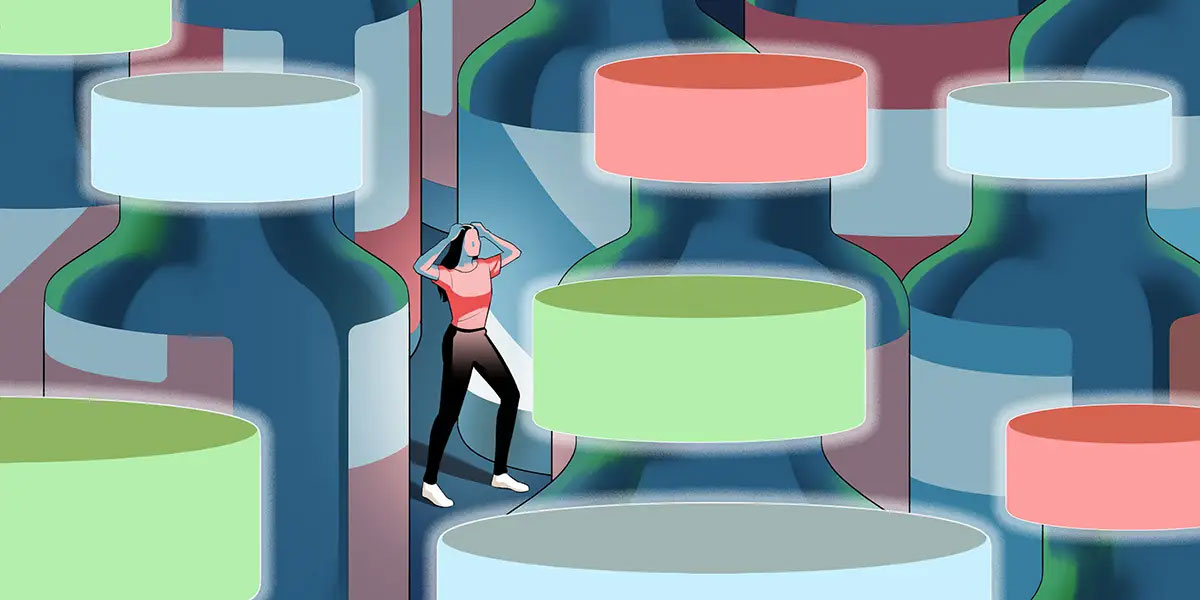
While ketamine continues to show promise as an innovative treatment option for depression, the complexity of individual responses cannot be understated. Each patient's journey is unique, and although the majority find relief, there exists a small subset that may experience an exacerbation of symptoms. Such occurrences underscore the necessity for a closely monitored therapeutic environment, where open communication between patient and provider is paramount. By fostering a proactive approach, healthcare providers can swiftly identify and address any adverse reactions, adapting treatment regimens as needed. This could involve recalibrating dosages, integrating complementary therapies, or exploring alternative medications to ensure a holistic and patient-specific strategy that prioritizes safety and efficacy. The evolving landscape of mental health treatment invites patients and practitioners to engage in a dynamic partnership, one where vigilance and adaptability are key to navigating the complexities of the human psyche..
How Long Does Ketamine Treatment Last For Depression?
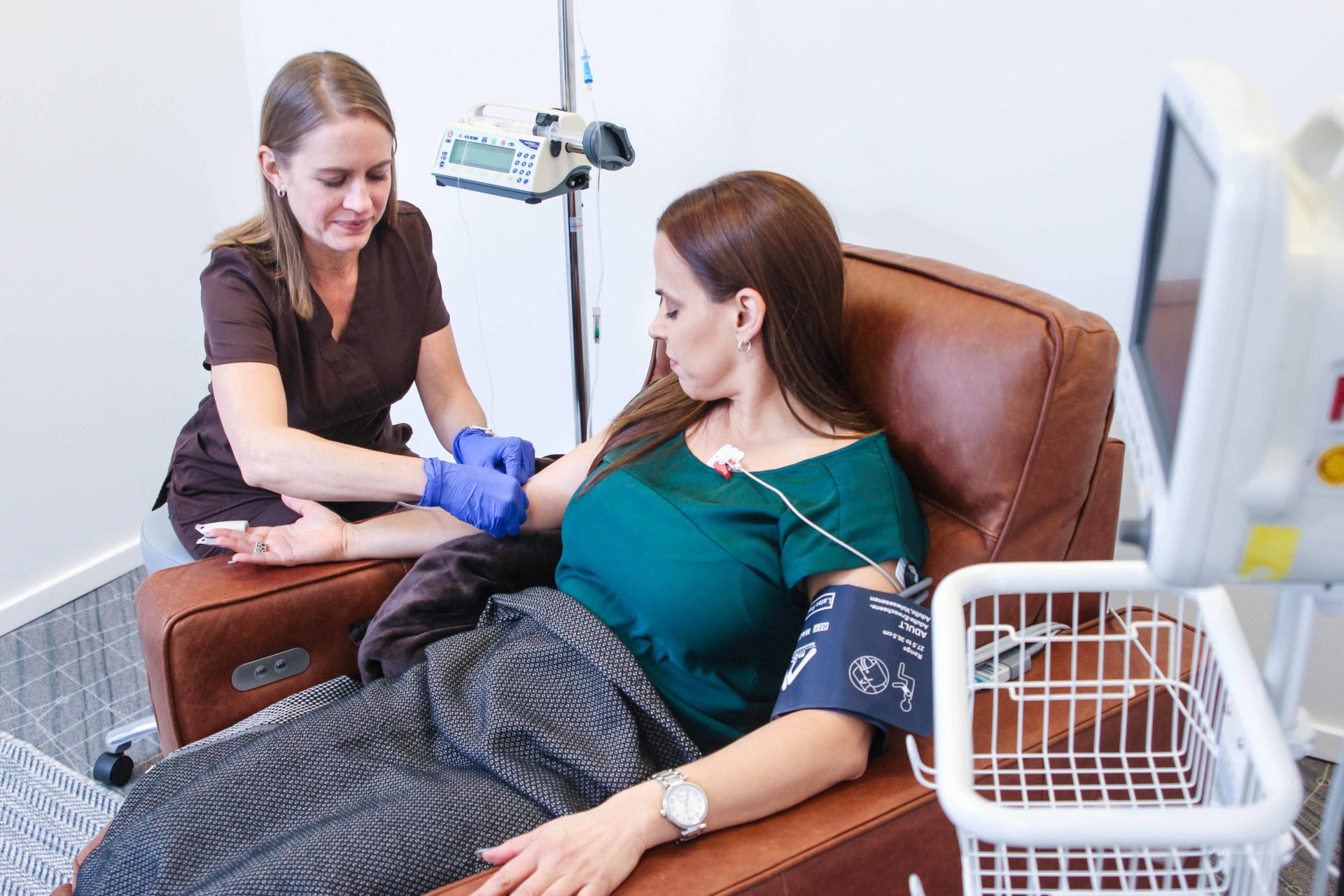
Evaluating the duration of ketamine's effects is pivotal in crafting personalized treatment strategies for individuals dealing with resistant depression. While the antidepressant benefits generally persist for a few weeks, creating an effective treatment plan involves incorporating maintenance sessions to sustain these effects over time. The frequency and necessity of these sessions can vary significantly, with some patients benefiting from treatments every two to three weeks, while others may need adjustments based on their specific reactions and progress. Engaging in open dialogues with healthcare providers allows patients to establish a tailored treatment regimen, ensuring that they manage their long-term mental health goals effectively while anticipating any necessary adjustments. This personalized approach not only optimizes the therapeutic benefits of ketamine but also integrates seamlessly into the broader context of a holistic mental health strategy..
Exploring Ketamine Dose For Depression
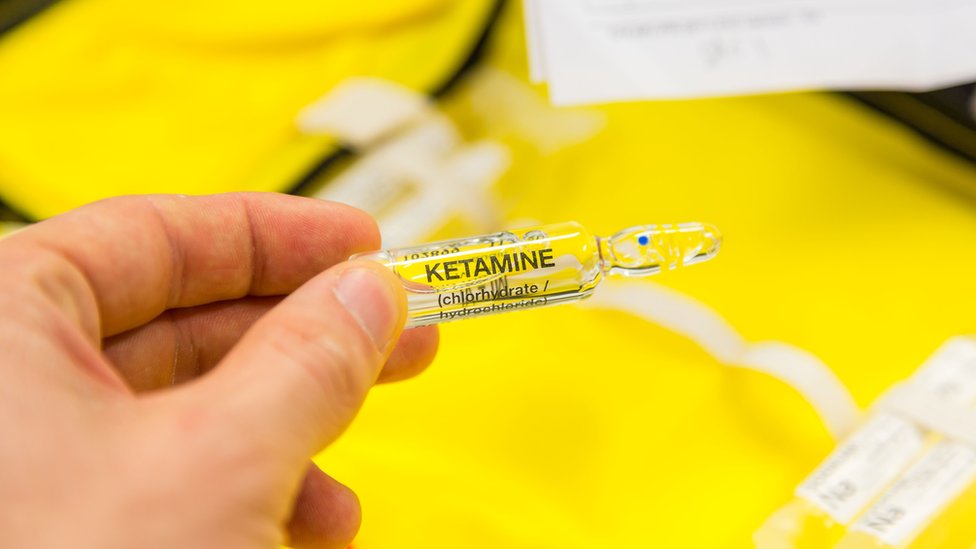
Determining the right ketamine dose for depression is vital to maximizing benefits while minimizing side effects. Dosages can vary significantly, from low-dose infusions to higher amounts tailored for specific needs. Medical professionals consider various factors, such as a patient's medical history, severity of symptoms, and previous treatment responses, when establishing an individualized dosage plan. Close monitoring during initial sessions is a standard practice to refine the dose as necessary. Moreover, ongoing communication between the patient and healthcare provider is essential to address any emerging side effects or efficacy concerns promptly. Adjustments may be required as the treatment progresses to ensure that the therapeutic benefits are sustained over time. Furthermore, integrating ketamine therapy with other forms of psychiatric support, like counseling or cognitive-behavioral therapy, can enhance outcomes, providing a more holistic approach to managing depression. This comprehensive strategy acknowledges the complexity of depressive disorders and underscores the importance of personalized care in achieving long-term mental health stability..
Ketamine And Depression Dosage: What You Should Know

The intricate relationship between ketamine and depression dosage necessitates a meticulous approach from healthcare professionals. Initiating treatment with low doses allows for an initial assessment of the patient's response, setting the stage for a tailored therapeutic journey. The importance of gradual dosage adjustments cannot be overstated; such precision helps in minimizing potential adverse effects while striving to enhance the therapeutic benefits. Adherence to the prescribed dosages is crucial for patients, as any deviation could jeopardize both the effectiveness and safety of the treatment. Hence, regular follow-up appointments play a vital role, offering an opportunity for healthcare providers to monitor progress closely and make any needed dose modifications promptly. This collaborative process between patient and provider is essential for navigating the complexities of ketamine treatment in depression management effectively..
The Role Of Comprehensive Care Post-Treatment

Ketamine treatment is a promising breakthrough in addressing treatment-resistant depression and other mental health challenges, yet its potential is most fully realized when incorporated into a holistic care framework. This involves not simply administering the treatment but embedding it into a broader strategy that includes therapeutic support, lifestyle adjustments, and a network of social support. Engaging in concurrent psychotherapy allows patients to process and integrate their experiences, enhancing the treatment's efficacy. Mindfulness practices, such as meditation or yoga, can complement this by fostering mental resilience and emotional awareness. Furthermore, adopting a healthy lifestyle—focusing on nutrition, regular exercise, and adequate sleep—can promote neuroplasticity and support the physical body in coping with and recovering from depression. Health providers are increasingly advocating for comprehensive care plans that target both the neurochemical and psychosocial dimensions of mental health, recognizing that sustained recovery often demands a multifaceted approach. By addressing the complexities of mental health through this integrative lens, patients can experience more enduring relief and improved quality of life..
Addressing Concerns And Expectations
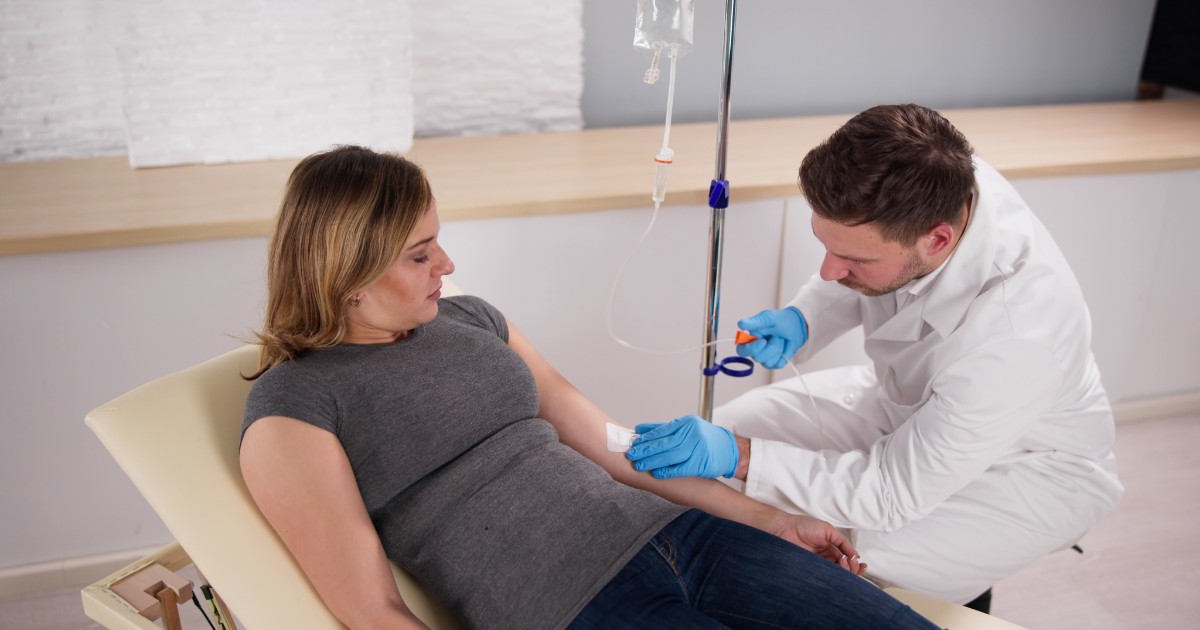
When embarking on ketamine treatment, patients are encouraged to prioritize an informed and collaborative approach. Engaging openly with healthcare providers allows for personalized care plans that are tailored to individual needs and conditions. It is important to discuss the potential side effects, which can range from mild dissociation to more intense perceptual changes, and to understand that these effects can vary widely among individuals. Additionally, patients should be made aware that ketamine treatment is often not a one-time solution but may require a series of sessions to achieve desired outcomes. Combining ketamine with other therapeutic strategies, such as cognitive-behavioral therapy or mindfulness practices, can enhance its efficacy and support sustained improvement in mental health. This integrated approach empowers patients to actively participate in their treatment journey, ensuring that they are well-prepared for the dynamic nature of their recovery process and can better manage expectations for long-term healing..
Ketamine treatment offers a new horizon for those struggling with treatment-resistant depression. While it brings hope for rapid relief, understanding what to expect after ketamine treatment for depression is essential. Patients should engage with healthcare providers to evaluate their progress, address concerns, and optimize dosages for sustained benefits. Integrating this treatment with psychosocial support and lifestyle modifications can enhance outcomes and provide a more comprehensive path to mental health recovery.


